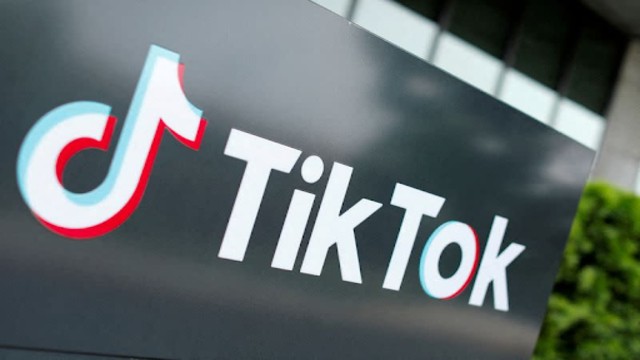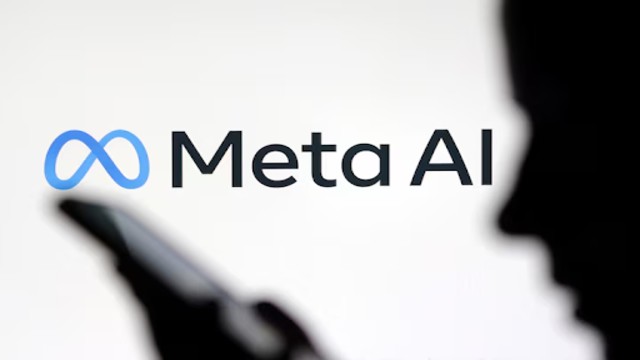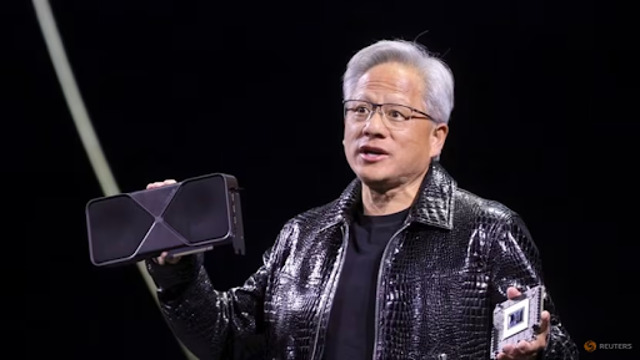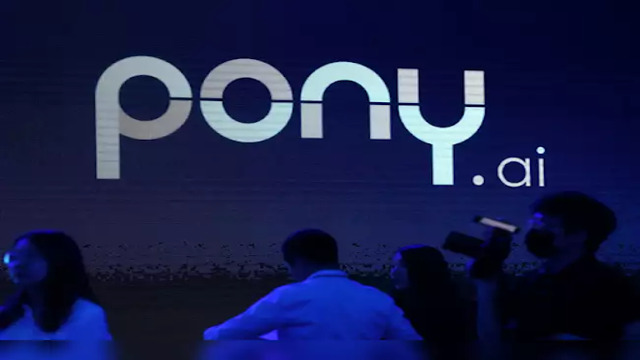
An illustration featuring the Meta logo, dated August 22, 2022. Reuters
Meta Platforms is making significant strides in the artificial intelligence (AI) sector by developing its own AI-powered search engine, aiming to reduce its dependence on tech giants Google and Microsoft, according to reports. Meta’s move to create this AI search engine is part of its broader efforts to stay competitive in a market that is rapidly evolving. Google, Microsoft, and OpenAI (the creator of ChatGPT) are all vying for supremacy in the AI-driven search market, with each company pushing the boundaries of conversational AI to provide users with better and more intuitive search experiences.
Currently, Meta relies heavily on search engines like Google and Microsoft's Bing to provide answers to queries related to news, stocks, and sports. These search engines supply information to Meta’s users across platforms like Facebook, Instagram, and WhatsApp. However, Meta’s upcoming AI search engine is expected to reduce this reliance. The report suggests that Meta's new AI-based web crawler will focus on providing conversational, real-time answers to users' queries, specifically through its chatbot feature, Meta AI. This chatbot is already accessible via WhatsApp, Instagram, and Facebook, offering users a more interactive way to engage with AI for everyday information.
Meta’s shift comes at a time when Google is heavily integrating its most advanced AI model, Gemini, into its own search engine, aiming to deliver a more conversational and user-friendly search experience. Meanwhile, OpenAI, backed by Microsoft, uses Bing to access the web and provide answers to topical queries. With all these major players competing for dominance, Meta’s entry into the AI search engine market could shake things up further, adding another layer of competition in this already crowded space.
One of the key concerns surrounding AI-powered search engines is the use of web data to train AI models. Scraping the web for content to train these AI systems has sparked debates over copyright infringement and fair compensation for content creators. This issue has been a growing concern among content creators who fear that their work is being used without proper recognition or payment. As Meta enters this competitive landscape, these concerns could intensify, especially as more companies begin to rely on AI for web-based information retrieval.
In an effort to address some of these concerns, Meta announced last week that its AI chatbot will now use content from reputable news organizations to answer real-time questions about news and current events. This decision aims to ensure that the chatbot provides reliable and accurate information to users, while also possibly easing some of the tension surrounding copyright infringement in AI training. By partnering with trusted sources, Meta seems to be trying to find a balance between innovation and responsibility.
Although Meta did not immediately respond to requests for further comments on this development, the company's move is a clear indication of its ambitions to reduce its reliance on other tech giants while positioning itself as a strong contender in the rapidly growing AI search engine market. As the competition heats up, it remains to be seen how Meta’s AI search engine will fare against established players like Google and Microsoft. One thing is clear: the AI-powered search engine landscape is changing quickly, and Meta's move signals that it wants a significant role in shaping the future of search technology.















